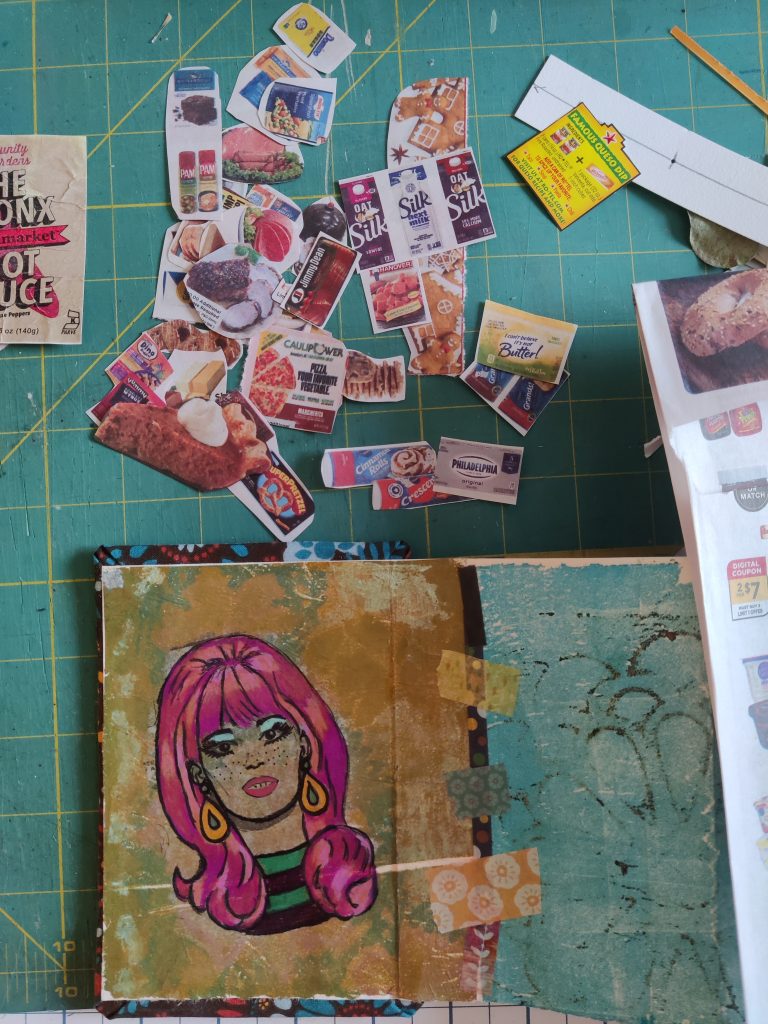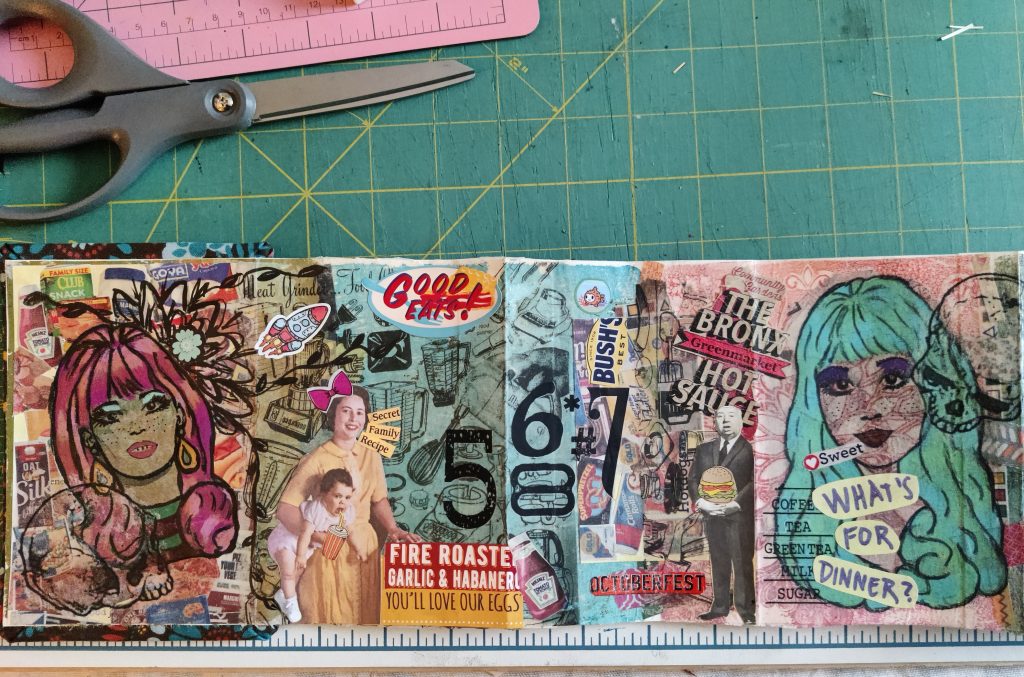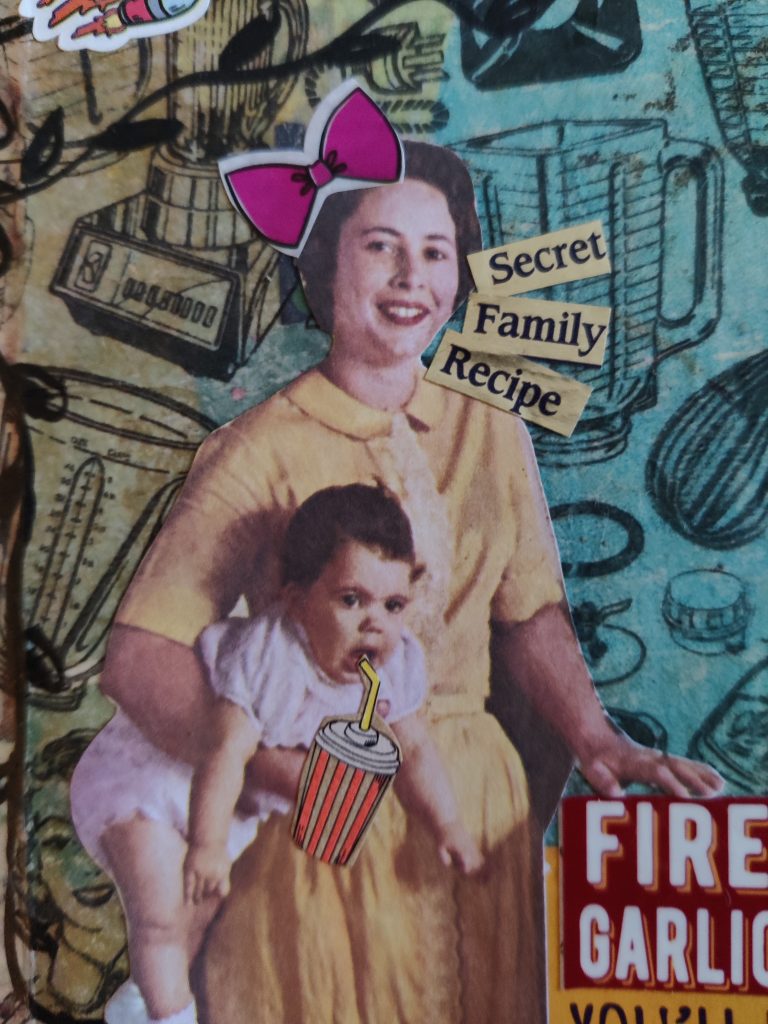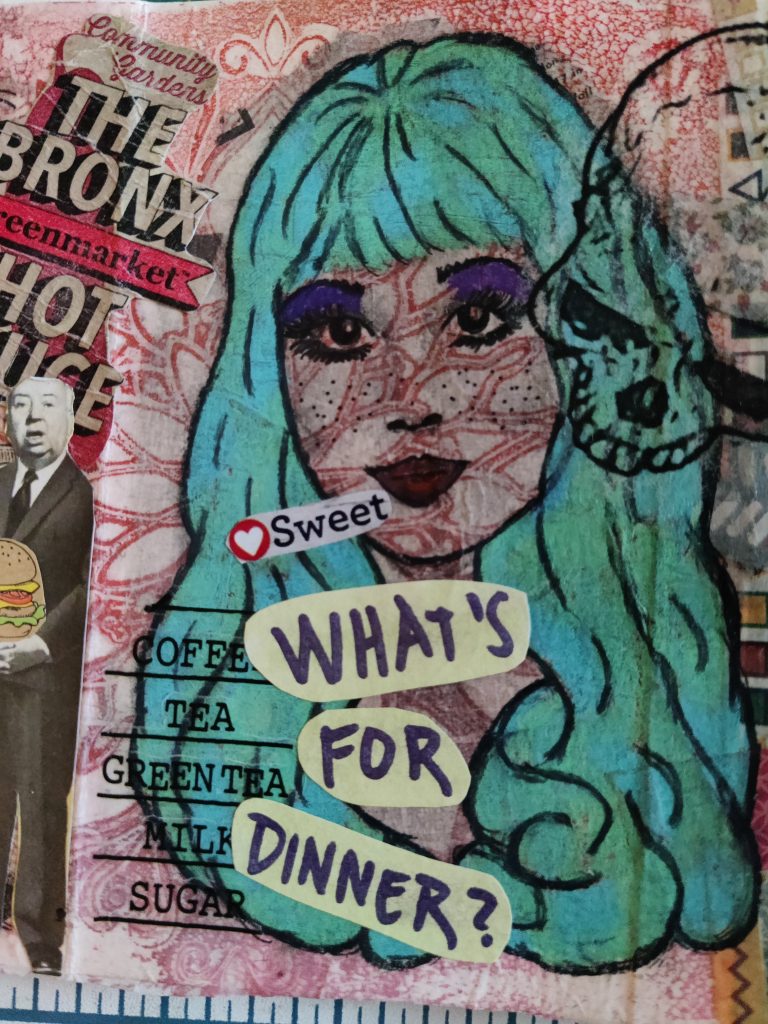Your cart is currently empty!
Thoughts While I Work on My Concertina
I
I wondered what topic I would choose for my accordion book, but really it should not have taken so much brain space. Mostly because there are certain topics I keep coming back to again and again. Growing up with grandparents that were so much older than me left quite an imprint on my life. I was always told that there are things that women were supposed to know: how to cook, how to clean, how to mend, how to speak up for oneself and engage in good conversation, how to fix things around the house. There was a level of independence that I was supposed to possess, but be ready to marry also. So, I learned many things to make sure I would become a good wife and partner one day. But times have changed. I did get married, but it did not last. And while I’m in a good partnership now, men and women overall changed their attitude toward marriage and partnerships, becoming more insular I think. Dating apps certainly do not help. But the many lessons that I learned to become a good wife one day did not go to waste. I believe they simply made me a better person. Still, these are topics I cannot escape from!
As I worked on my journal, I watched a kind of documentary/days in the life of the British department store Liberty of London. I wanted to watch something light after watching a doc about Ghislaine Maxwell and Jeffery Epstein. I needed something to take my mind off the hell they inflicted upon others. And the story of Liberty of London was just what the doctor ordered.



Now, I’m not naive. When I was watching Liberty of London, I knew that the producers of the film was going to show the store in the best possible light, that the workers are just so happy to be there, that it’s the best place ever. No place is like that. Where there are people, there is dissent. But again, it was very lighthearted and incredibly sweet and positive. Not to mention beautiful to look at, the store itself is just gorgeous. But what I took away from watching it was how loyal some of the employees were and how long they worked there, how well they took care of the customers, and what high regard they had of them. That struck me as something we don’t see too often anymore. The company didn’t see the customers as simple cash cows. And I’ll go further by saying that while customers are not cash cows, workers are also not mindless work horses. Companies have decided, not all companies, but many have, that customers and workers are just dumb thoughtless animals that are not always worthy of respect. This program reminded me of times that people worked retail jobs and supported families with that salary. Again, I’m sure Liberty is not perfect, but there was a time that retail positions were real jobs for people: they took into account that they had lives and families, they offered pensions and benefits, and there was pride in the job and a respect for the customer, offering service that made people feel special. Liberty was owned by the family of the original owners from 1875 to when it was sold to a private equity firm in 2010. When I heard that the company was sold, I knew that things always change. There were people that were still working there that were hired by the descendants from the family, and they talked glowingly of that time. But usually when these private firms take over, it’s not so much about the worker anymore, but simply about the money. It’s a shame. How do people trust their employers? I think they don’t. So employees don’t care, about the brand nor the customer. Even if the program was a lot of spin, it was refreshing to see people so loyal to a business, so full of pride, that they genuinely wanted to see this enterprise succeed and last.
Maybe because of my grandparents influence, I can really appreciate that way of thinking. This respect for worker and customer alike was what I noticed built community. People kept coming back hoping to see the same salesperson year after year because it gave them a sense of belonging and familiarity. Not all customers are nasty divas, though some are, but others are thankful and kind. Companies have to decide how they want to conduct business. Everything is a choice. But it seems as though the choices being made hurt worker and patron alike.


As always, thanks for stopping by
Jos
